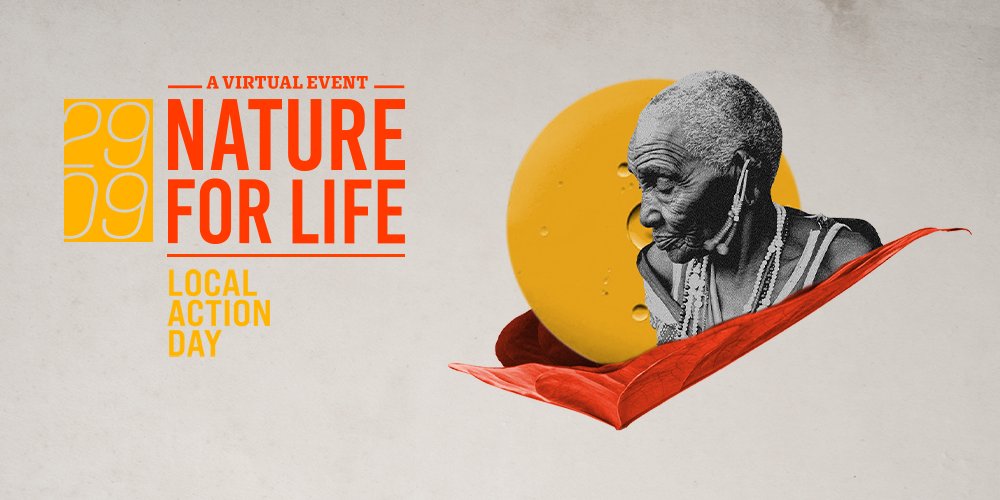1. A rare giant pangolin was recently seized from poachers in Congo. These are among the most trafficked mammals in the world. bit.ly/3cuRsLV #WorldWildlifeDay2020 

2. This young female was found with a bag stuck to her scales. The rescue team including @wcs_congo was able to remove it.
3. These insectivorous and nocturnal mammals tend not to survive well unless released into the wild. So the team held her just one night to get rehydrated. 

4. Then she was re-released into the wild at first light.
"Pangolins are in trouble worldwide due to the illegal wildlife trade," said WCS's @phnompenhtiger, "so whenever live animals can be quickly released into good habitat we will act to improve their chance of survival.”
"Pangolins are in trouble worldwide due to the illegal wildlife trade," said WCS's @phnompenhtiger, "so whenever live animals can be quickly released into good habitat we will act to improve their chance of survival.”

@phnompenhtiger 5. If we are to succeed in #SustainingAllLife we must address the illegal wildlife trade. It's devastating for wildlife and communities around the world. #WorldWildlifeDay 

• • •
Missing some Tweet in this thread? You can try to
force a refresh
















